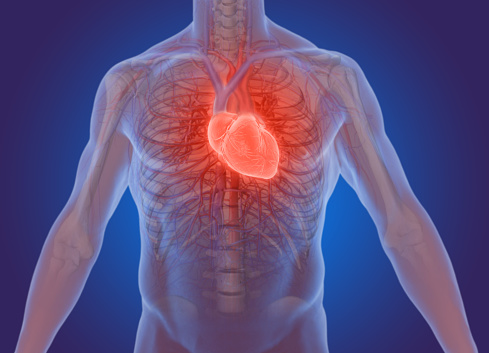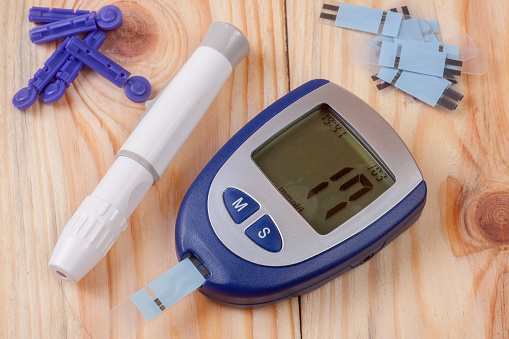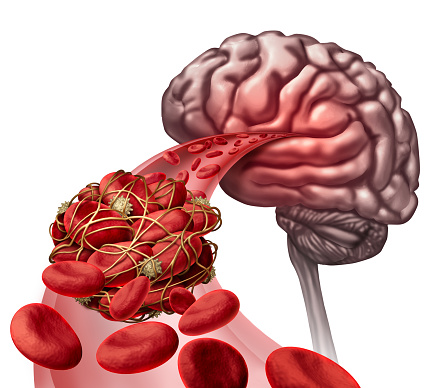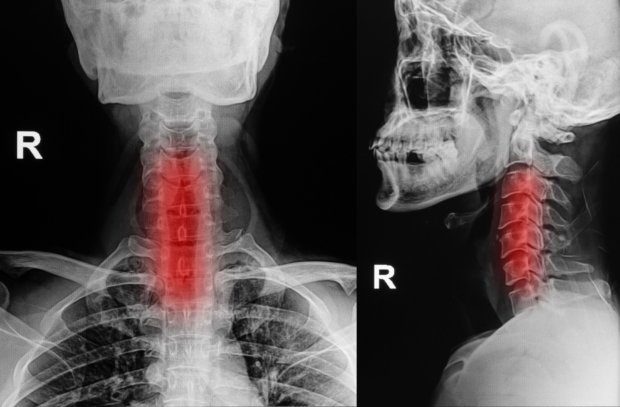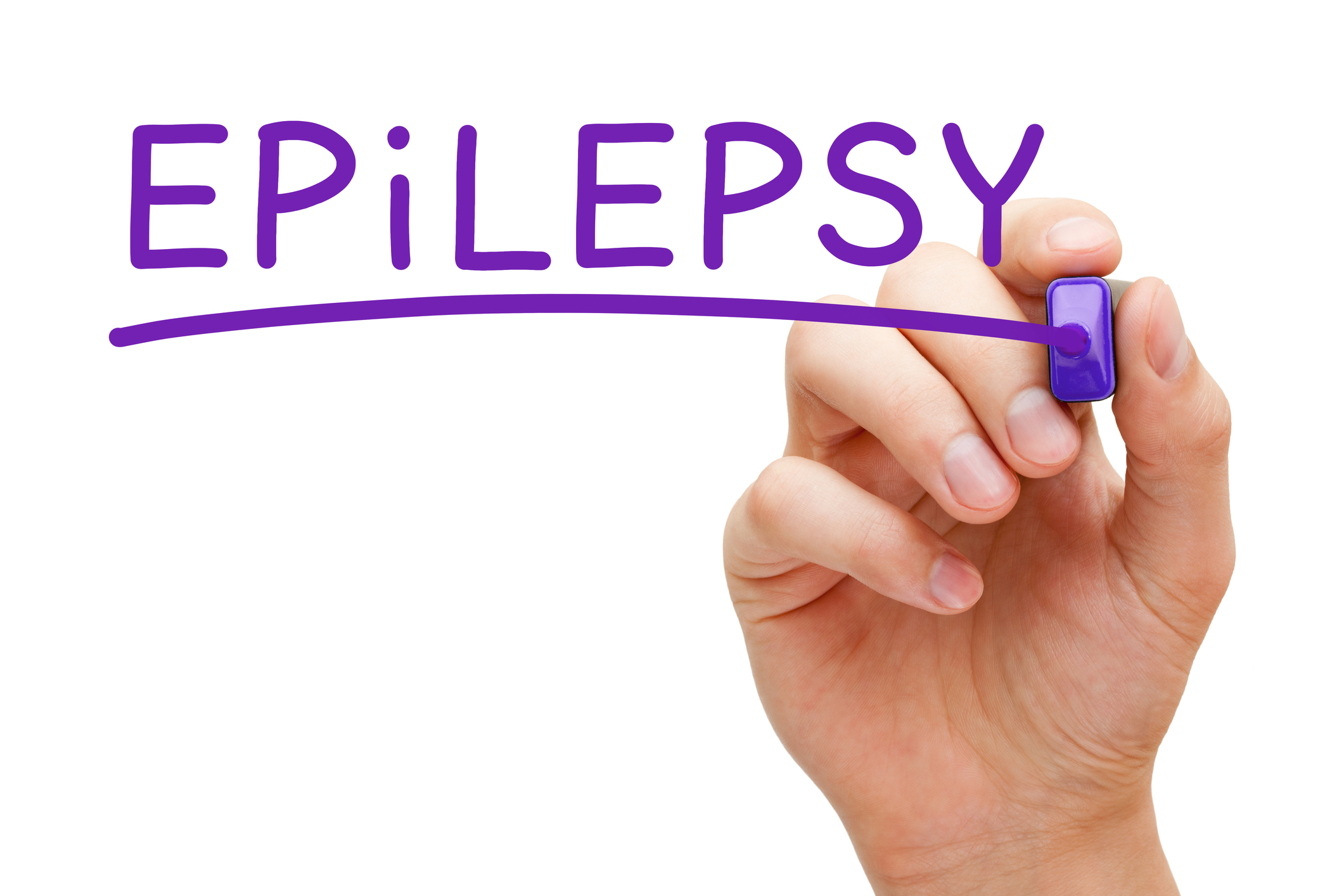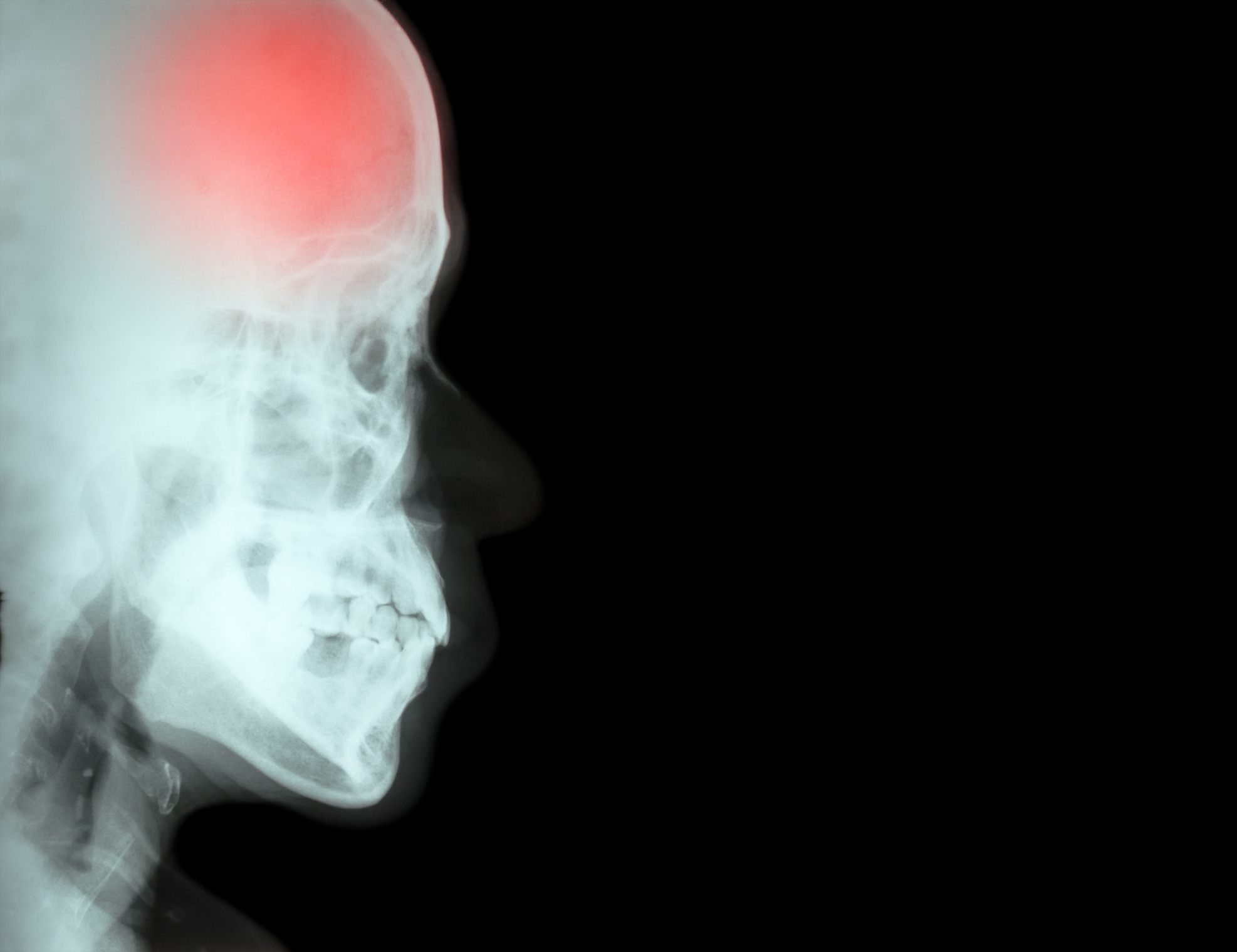Fluid around the heart (pericardial effusion) in the elderly: Causes and treatment tips
Pericardial effusion is a condition that describes fluid accumulation around the heart. The double-layered structure that surrounds the heart is known as the pericardium, and there is normally a thin layer of fluid found between the layers. Fluid in greater amounts can accumulate in the pericardium as a result of an injury or disease—it can ...click here to read more

